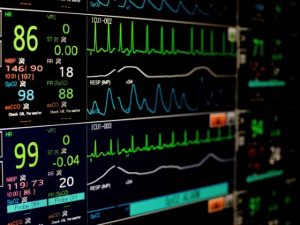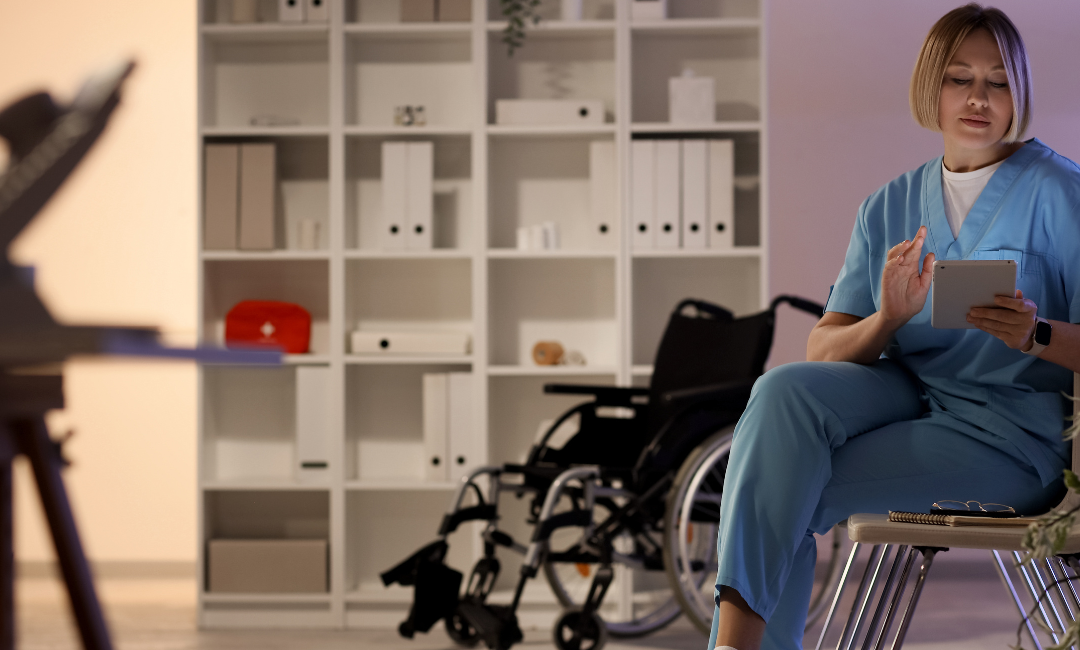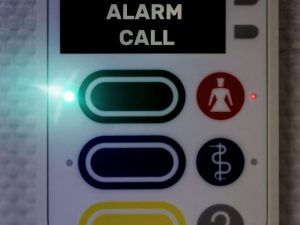Signs of Alarm Fatigue
Alarm fatigue is way too real and frightening for nurses in healthcare and typically occurs when nurses and clinicians experience high exposure to medical alarms, which in turn can cause desensitization leading to missed alarms or delayed responses. Alarms are omnipresent in a healthcare setting and serve to inform medical personnel of changes that occur involving certain parameters as well as any malfunctioning of equipment.
According to a study conducted in 2012, the average number of alarms generated per patient that a nurse attends during a 24-hour time period averages around 150 to 400 alarms.
As one can understand, this can lead to sensory overload due to the excessive number of alarms and ultimately affects nurses by creating delayed reactions to the alarms or by ignoring them completely. Both of these factors can lead to huge patient safety issues if desensitization takes place.
Often times, alarm settings specific to each individual’s needs are not adjusted accordingly which result in frequent false alarms, the inability of staff to adequately detect where the alarms are coming from, and sometimes the staff are inadequately trained to effectively monitor the alarms. All of the above factors play an important role in the signs of alarm fatigue that seem to be increasing among nurses in healthcare.









